Home>Gardening & Outdoor>Landscaping Ideas>When To Use Roundup For Lawns
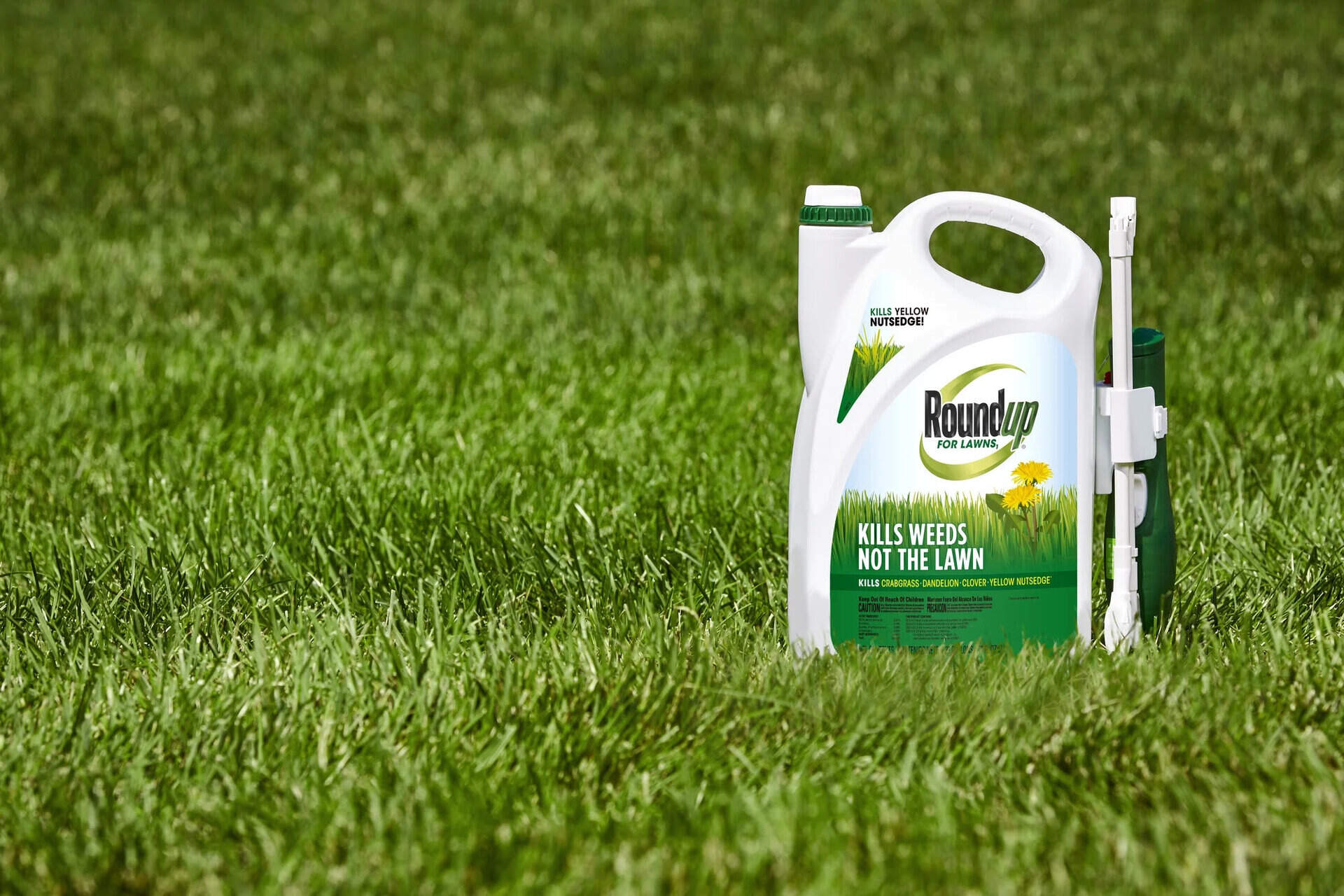

Landscaping Ideas
When To Use Roundup For Lawns
Modified: January 3, 2024
Discover the best landscaping ideas and when to use Roundup for lawns. Learn how to achieve a lush, weed-free lawn with expert tips and advice.
(Many of the links in this article redirect to a specific reviewed product. Your purchase of these products through affiliate links helps to generate commission for Storables.com, at no extra cost. Learn more)
Introduction
Welcome to the world of landscaping, where the quest for a lush, vibrant lawn meets the challenge of managing unwelcome weeds. As a homeowner, you understand the pride and joy that come with maintaining a beautiful lawn, and you also know the frustration that pesky weeds can bring. In the battle against these invasive intruders, it's essential to have the right tools and knowledge at your disposal.
When it comes to weed control, Roundup for Lawns is a popular and effective solution that many homeowners turn to. However, using Roundup for Lawns requires a clear understanding of when and how to use it to achieve the best results while ensuring the safety of your lawn and the environment.
In this comprehensive guide, we will delve into the world of Roundup for Lawns, exploring its uses, benefits, and essential safety precautions. Whether you're a seasoned lawn care enthusiast or a newcomer to the world of landscaping, this article will equip you with the knowledge you need to make informed decisions about using Roundup for Lawns to maintain a thriving, weed-free lawn. Let's embark on this journey to uncover the secrets of effective weed control and lawn maintenance with Roundup for Lawns.
Key Takeaways:
- Roundup for Lawns is a targeted herbicide designed to eliminate weeds without harming the surrounding grass, making it a valuable tool for maintaining a healthy lawn.
- Applying Roundup for Lawns requires identifying the target weeds, choosing the right formulation, and following safety precautions to achieve effective weed control while prioritizing environmental responsibility.
Read more: How Long For Roundup For Lawns To Work
Understanding Roundup for Lawns
Roundup for Lawns is a specialized herbicide designed to target and eliminate weeds that commonly infiltrate lawns while preserving the grass. Unlike traditional Roundup formulations, which are non-selective and can harm desirable plants, Roundup for Lawns is formulated to selectively target weeds without damaging the surrounding grass.
This targeted approach is made possible by the specific active ingredients in Roundup for Lawns, which are carefully chosen to effectively control a broad spectrum of weeds while minimizing the impact on grass species commonly found in lawns. These active ingredients work by disrupting essential processes within the weeds, ultimately leading to their demise while leaving the grass unharmed.
It’s important to note that Roundup for Lawns is available in different formulations tailored to specific types of weeds, such as broadleaf weeds, crabgrass, and other common lawn invaders. This targeted approach ensures that you can address the specific weed challenges in your lawn with precision and efficacy.
When used as directed, Roundup for Lawns can be a valuable tool in maintaining a healthy and vibrant lawn by effectively controlling weeds that compromise its beauty and health. Understanding the unique properties and targeted action of Roundup for Lawns is crucial for harnessing its potential to achieve a weed-free lawn while safeguarding the grass you’ve worked hard to nurture.
Now that we’ve gained insight into the nature of Roundup for Lawns, let’s explore the circumstances that call for its application and the best practices for using this specialized herbicide to combat weeds effectively.
When Roundup for Lawns is Necessary
Roundup for Lawns becomes a necessary tool in your lawn care arsenal when you are faced with persistent weed infestations that threaten the health and aesthetics of your lawn. Identifying the need for Roundup for Lawns involves recognizing the types of weeds present, the extent of their proliferation, and the impact they have on the overall condition of your lawn.
One common scenario that calls for the use of Roundup for Lawns is the invasion of broadleaf weeds, such as dandelions, clover, or chickweed. These weeds can quickly spread and compete with the grass for essential nutrients, water, and sunlight, leading to a weakened and unsightly lawn. In such cases, targeted application of Roundup for Lawns formulated for broadleaf weed control can effectively address the infestation and restore the health and beauty of your lawn.
Similarly, the emergence of crabgrass, one of the most notorious lawn invaders, may necessitate the use of Roundup for Lawns designed to combat this resilient weed. Crabgrass can rapidly overtake a lawn, creating unsightly patches and outcompeting the desirable grass species. Utilizing Roundup for Lawns formulated for crabgrass control can help contain and eliminate this persistent weed, preventing it from spreading and reclaiming your lawn’s vitality.
Furthermore, when your lawn is plagued by a diverse array of weeds, each requiring a specific approach for effective control, Roundup for Lawns offers targeted formulations that cater to different weed types. This versatility allows you to address multiple weed species simultaneously, streamlining the weed control process and restoring your lawn’s health and lush appearance.
It’s important to emphasize that the decision to use Roundup for Lawns should be informed by a thorough assessment of the weed infestation and consideration of alternative weed control methods. While Roundup for Lawns can be a powerful ally in combating weeds, it should be employed judiciously and in accordance with the manufacturer’s guidelines to ensure optimal results and minimize any potential impact on the environment.
Now that we’ve identified the circumstances that warrant the use of Roundup for Lawns, let’s delve into the best practices for applying this specialized herbicide to achieve effective weed control while safeguarding your lawn’s well-being.
Only use Roundup for Lawns when dealing with tough-to-kill weeds like crabgrass or dandelions. Avoid using it on your entire lawn, as it can harm desirable grasses. Always follow the label instructions carefully.
How to Use Roundup for Lawns
Using Roundup for Lawns effectively involves a systematic approach that maximizes its weed control benefits while minimizing any potential impact on the surrounding grass and environment. The following steps outline the best practices for using Roundup for Lawns to achieve optimal results:
- Identify the Target Weeds: Before applying Roundup for Lawns, carefully identify the types of weeds present in your lawn. This step is crucial in selecting the appropriate Roundup for Lawns formulation tailored to the specific weed species you aim to control.
- Choose the Right Formulation: Roundup for Lawns offers specialized formulations for different types of weeds, such as broadleaf weeds, crabgrass, and more. Select the formulation that aligns with the weed species infesting your lawn to ensure targeted and effective control.
- Timing Is Key: Apply Roundup for Lawns when the weeds are actively growing and not under stress from extreme weather conditions. This allows the herbicide to be absorbed more effectively, increasing its efficacy in controlling the targeted weeds.
- Follow Application Guidelines: Adhere to the application rates and guidelines provided on the Roundup for Lawns product label. Ensure even coverage of the targeted weed areas while avoiding overspray onto the surrounding grass to prevent unintended damage.
- Consider Weather Conditions: Choose a day for application when rain is not expected within 24 hours. Rain shortly after application can wash away the herbicide, reducing its effectiveness in controlling the weeds.
- Monitor and Assess Results: After applying Roundup for Lawns, monitor the treated areas and observe the weed response. Depending on the specific formulation and weed type, you can expect to see visible signs of weed control within a certain timeframe.
- Repeat as Needed: For persistent or extensive weed infestations, follow-up applications of Roundup for Lawns may be necessary. However, it’s important to adhere to the reapplication intervals specified on the product label to avoid overuse and potential harm to the lawn.
By following these guidelines, you can harness the power of Roundup for Lawns to effectively target and control weeds, restoring the beauty and health of your lawn. However, it’s essential to prioritize safety and environmental responsibility when using any herbicide, including Roundup for Lawns.
As we explore the benefits of Roundup for Lawns, it’s equally important to consider the safety precautions that should accompany its use to ensure the well-being of your lawn, family, and the surrounding ecosystem.
Safety Precautions When Using Roundup for Lawns
While Roundup for Lawns can be an effective tool for controlling weeds, it’s essential to prioritize safety during its application to safeguard the environment, pets, and family members. Implementing the following safety precautions will ensure responsible use of Roundup for Lawns while achieving the desired weed control outcomes:
- Read and Follow the Label: Before using Roundup for Lawns, carefully read and understand the product label, including the usage instructions, application rates, safety precautions, and environmental considerations. Adhering to the label’s guidance is crucial for safe and effective application.
- Protective Gear: Wear appropriate personal protective equipment, including gloves, long-sleeved clothing, long pants, closed-toe shoes, and eye protection, when handling and applying Roundup for Lawns. This minimizes skin contact and reduces the risk of accidental exposure.
- Keep Pets and Children Away: Ensure that pets and children are kept away from the treated areas during and immediately after Roundup for Lawns application. Once the product has dried, it is safe for pets and children to re-enter the treated areas.
- Prevent Drift and Runoff: Avoid applying Roundup for Lawns on windy days to prevent herbicide drift onto unintended areas. Additionally, be mindful of application near water bodies, storm drains, and sensitive landscapes to prevent runoff and potential environmental impact.
- Proper Storage and Disposal: Store Roundup for Lawns in its original container in a secure, dry location away from food, pet food, and children’s reach. Dispose of any unused product or empty containers in accordance with local regulations and guidelines.
- Environmental Considerations: Be mindful of the potential impact of Roundup for Lawns on non-target plants and ecosystems. Avoid overspraying onto desirable plants and take precautions to minimize any unintended contact with beneficial vegetation.
- Post-Application Cleanup: After completing the Roundup for Lawns application, thoroughly clean and rinse application equipment, such as sprayers, to prevent herbicide residue from unintentionally reaching non-target areas during future use.
By incorporating these safety precautions into your Roundup for Lawns application practices, you can effectively control weeds while upholding environmental responsibility and ensuring the well-being of your lawn, family, and surrounding ecosystem.
As we conclude our exploration of Roundup for Lawns, it’s important to reflect on the benefits it offers for maintaining a healthy and vibrant lawn, and the responsibility that comes with its use. Let’s summarize our insights and set the stage for informed decision-making in your lawn care endeavors.
Read also: 13 Amazing Roundup For Lawns For 2025
Conclusion
In the pursuit of a thriving, weed-free lawn, Roundup for Lawns emerges as a valuable ally, offering targeted weed control while preserving the health and beauty of your grass. Understanding the nuances of Roundup for Lawns, including its formulations, application best practices, and safety considerations, equips you with the knowledge to make informed decisions in your lawn care journey.
When facing persistent weed infestations that threaten the vitality of your lawn, Roundup for Lawns provides a tailored solution, addressing specific weed types with precision and efficacy. Whether contending with broadleaf weeds, crabgrass, or a diverse array of lawn invaders, the specialized formulations of Roundup for Lawns offer a strategic approach to weed control, empowering you to reclaim and maintain a lush, weed-free lawn.
By following the recommended guidelines for using Roundup for Lawns, from identifying target weeds to implementing safety precautions, you can harness the herbicide’s potential to achieve effective weed control while upholding environmental responsibility. The careful application of Roundup for Lawns, coupled with a commitment to safety and stewardship, ensures that your lawn remains a source of pride and enjoyment for your family and the surrounding community.
As you embark on your lawn care endeavors, remember that Roundup for Lawns is just one aspect of a holistic approach to maintaining a healthy lawn. Regular lawn maintenance, including proper mowing, watering, and fertilization, complements the targeted weed control provided by Roundup for Lawns, contributing to the overall well-being of your lawn.
In closing, armed with the knowledge and insights gained from this guide, you are poised to make informed decisions about using Roundup for Lawns as a strategic tool in your quest for a vibrant, weed-free lawn. Embrace the balance of efficacy, safety, and environmental stewardship as you nurture your lawn, and may your efforts yield a verdant oasis that enhances the beauty of your outdoor space.
Frequently Asked Questions about When To Use Roundup For Lawns
Was this page helpful?
At Storables.com, we guarantee accurate and reliable information. Our content, validated by Expert Board Contributors, is crafted following stringent Editorial Policies. We're committed to providing you with well-researched, expert-backed insights for all your informational needs.
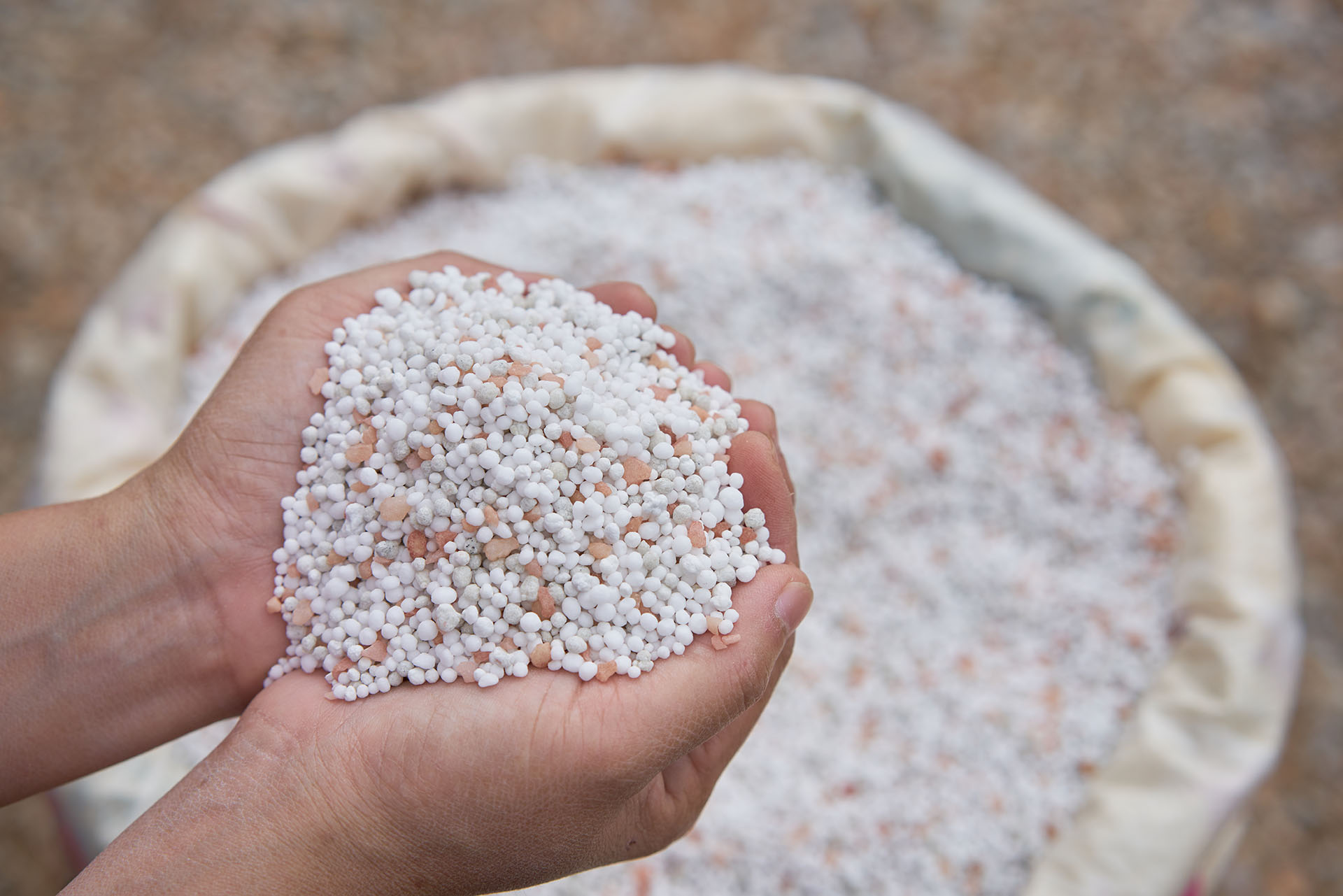

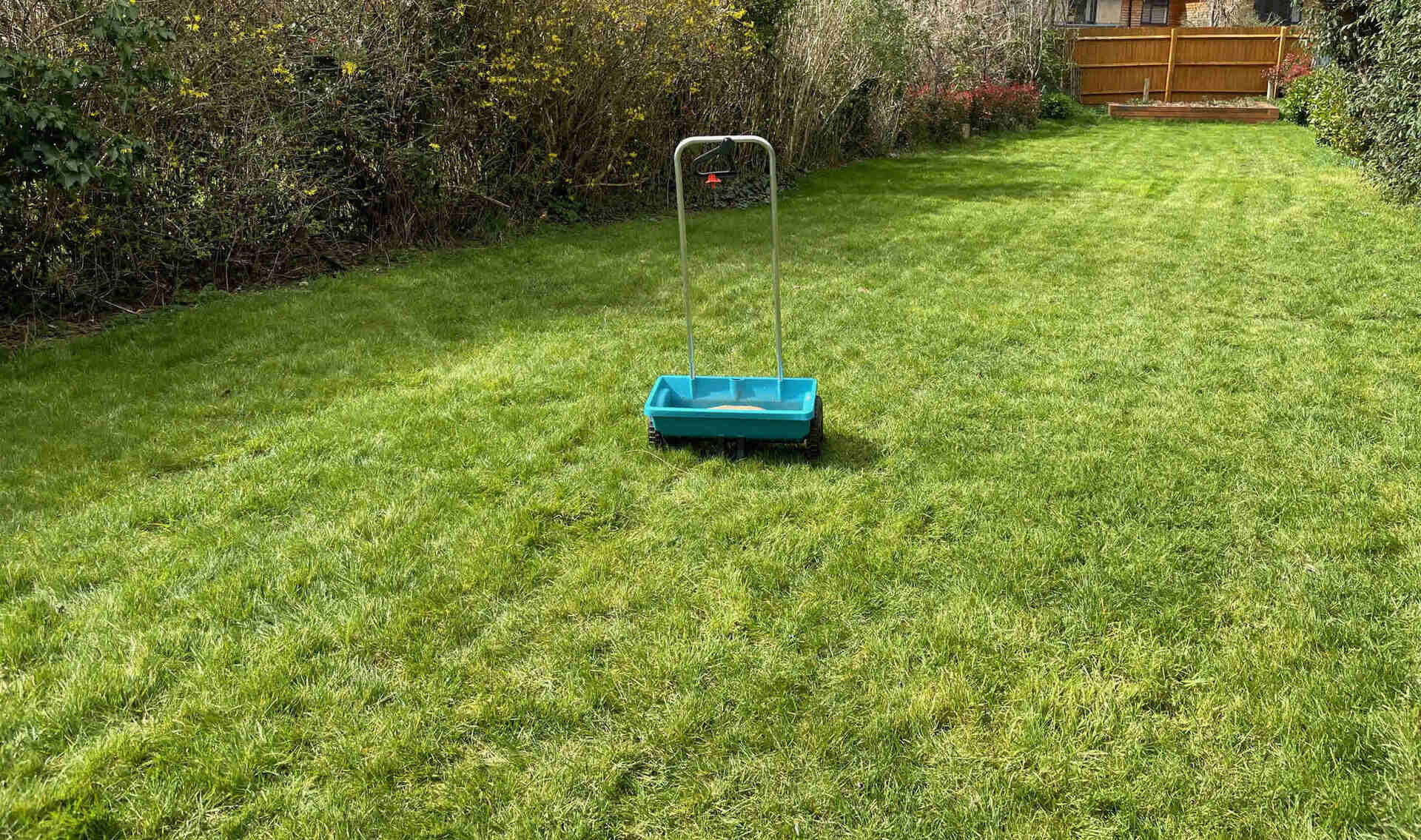



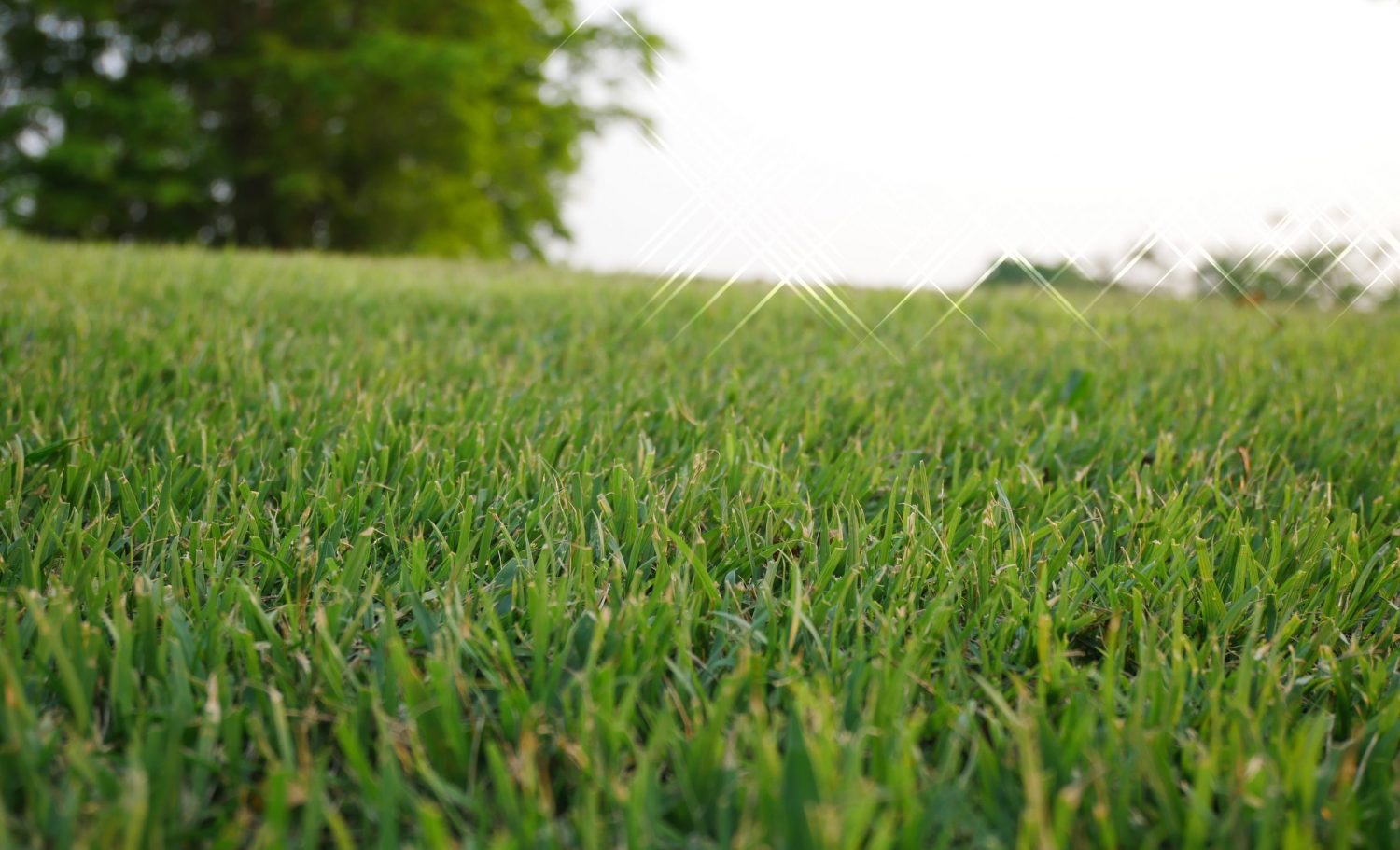
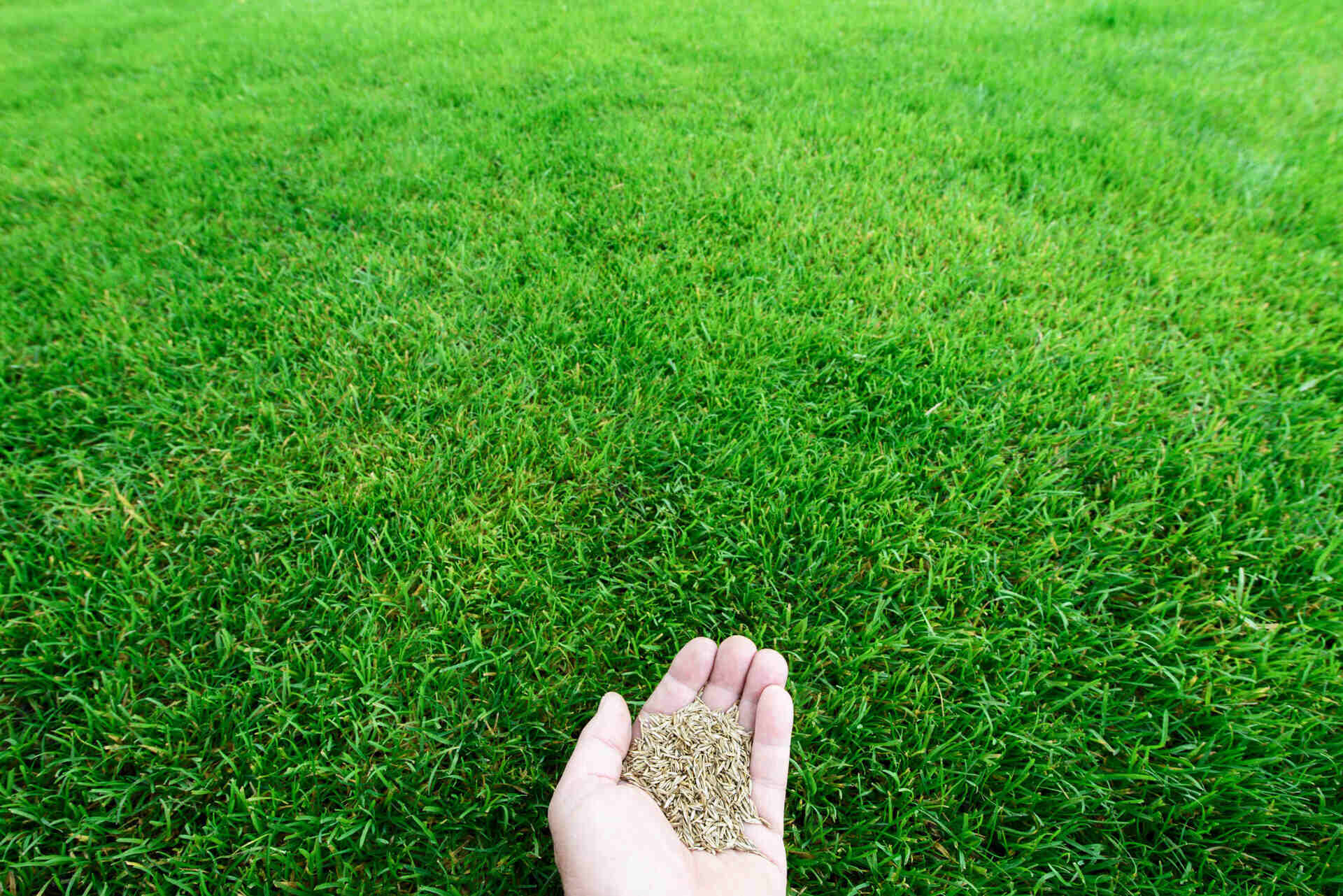
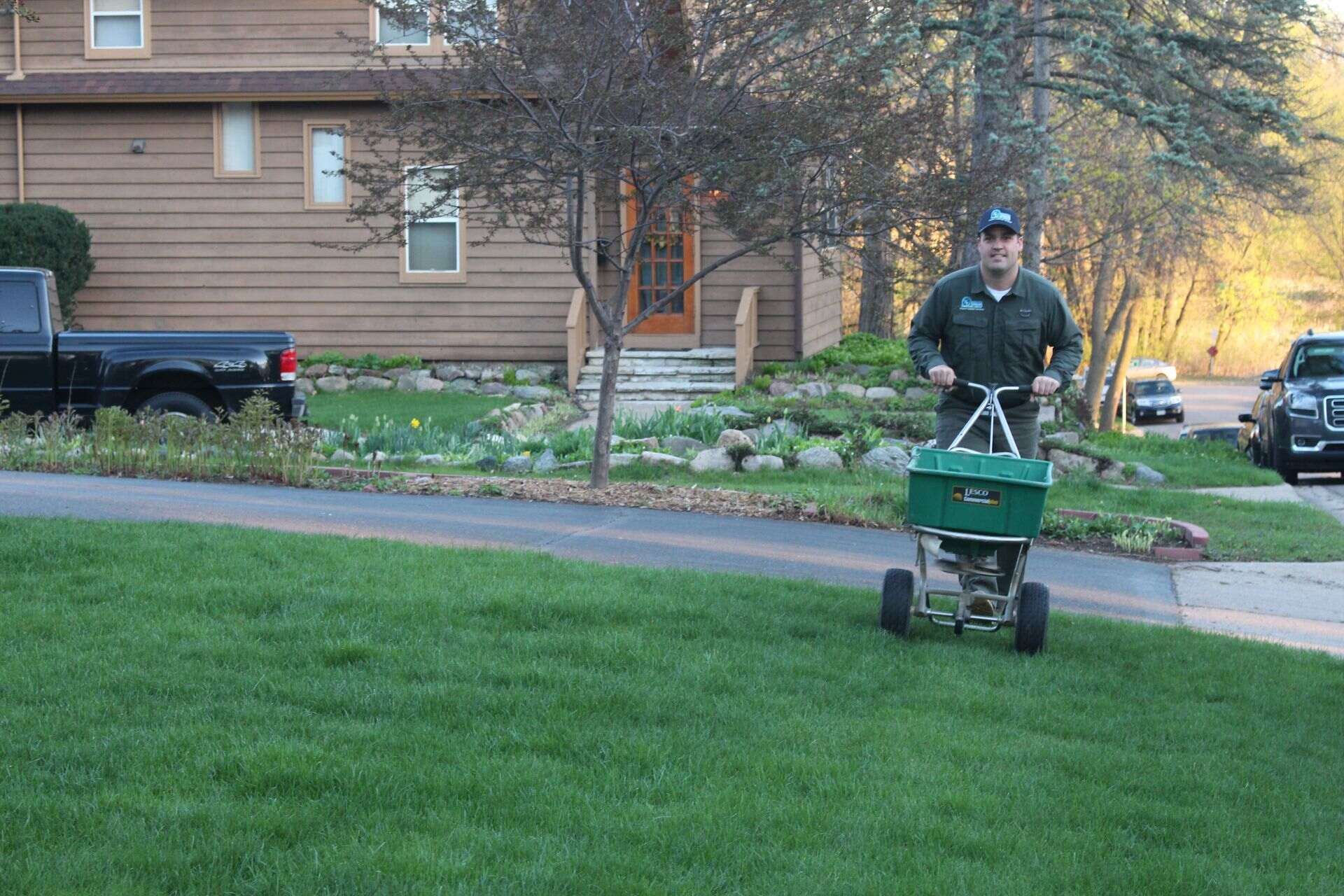
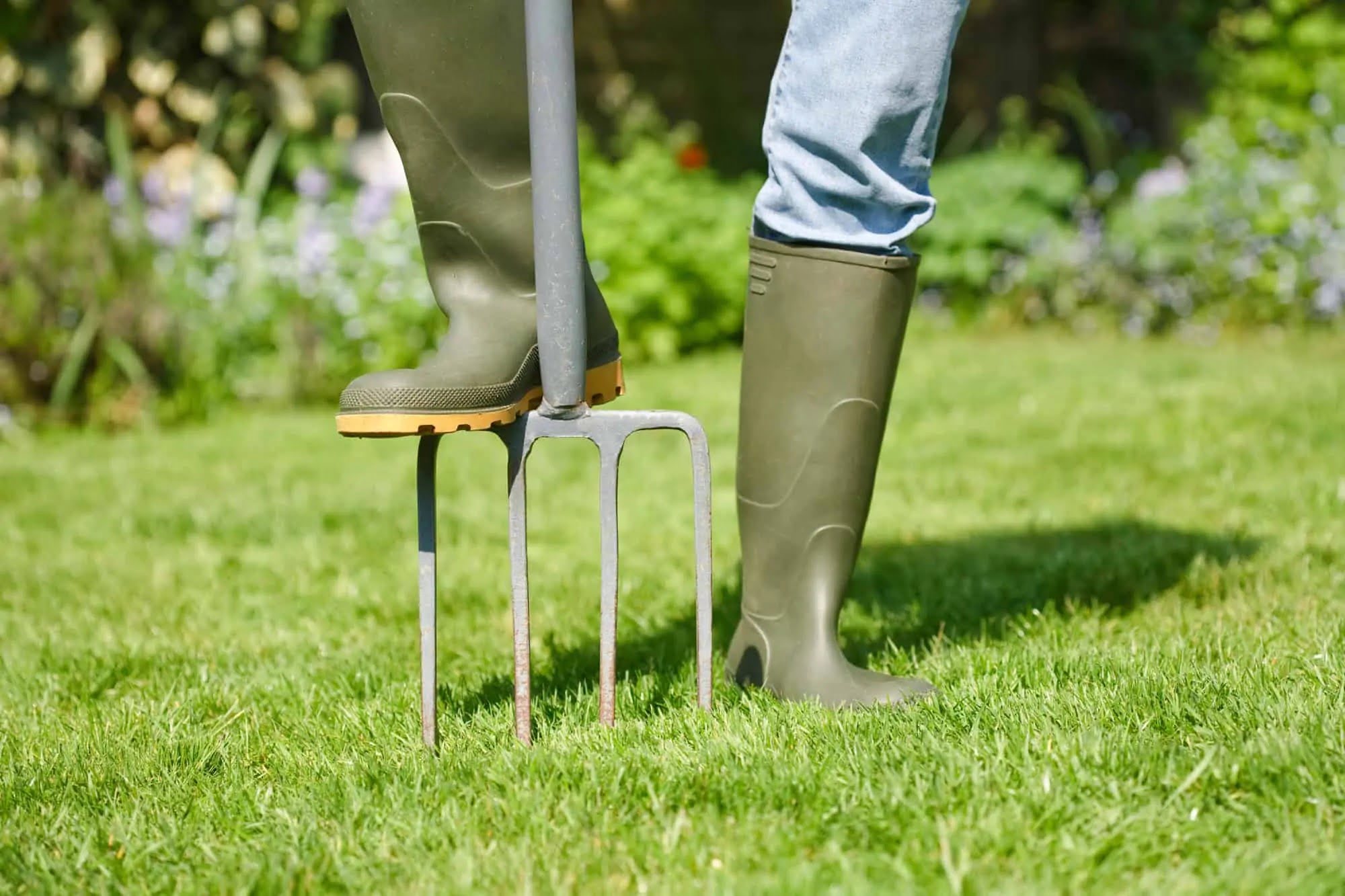
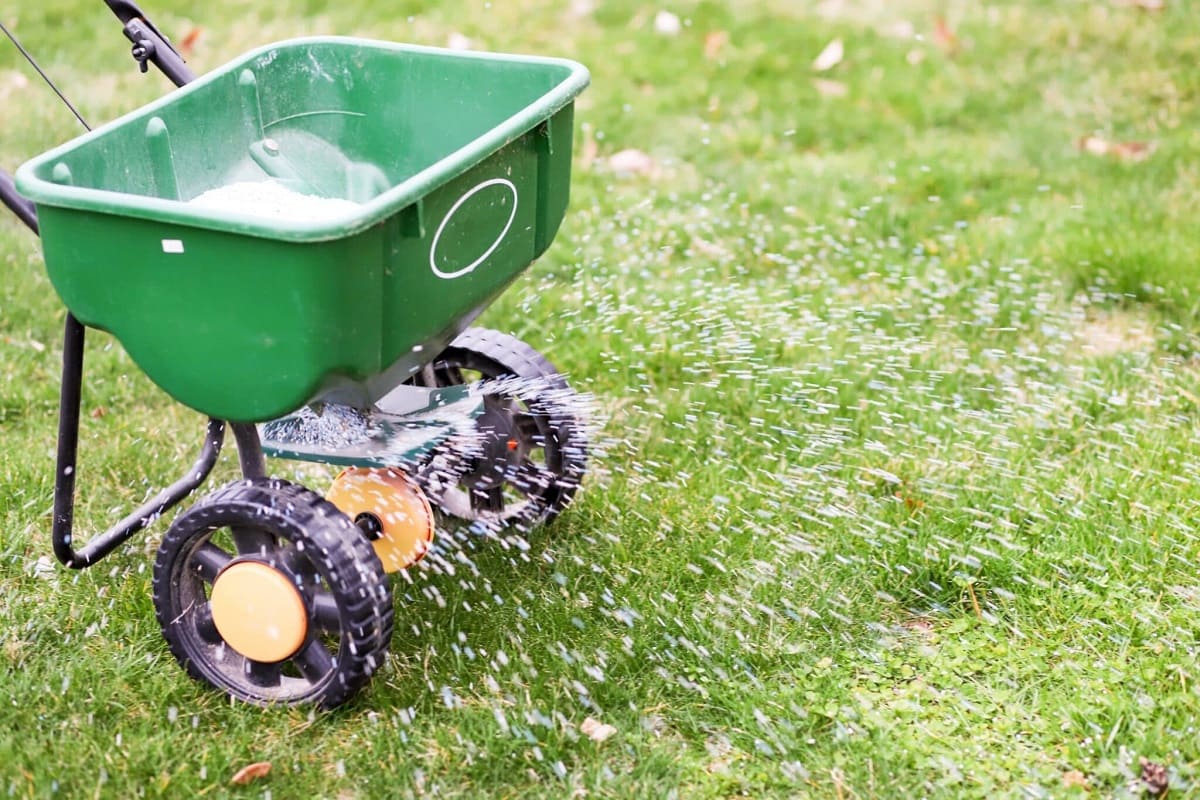
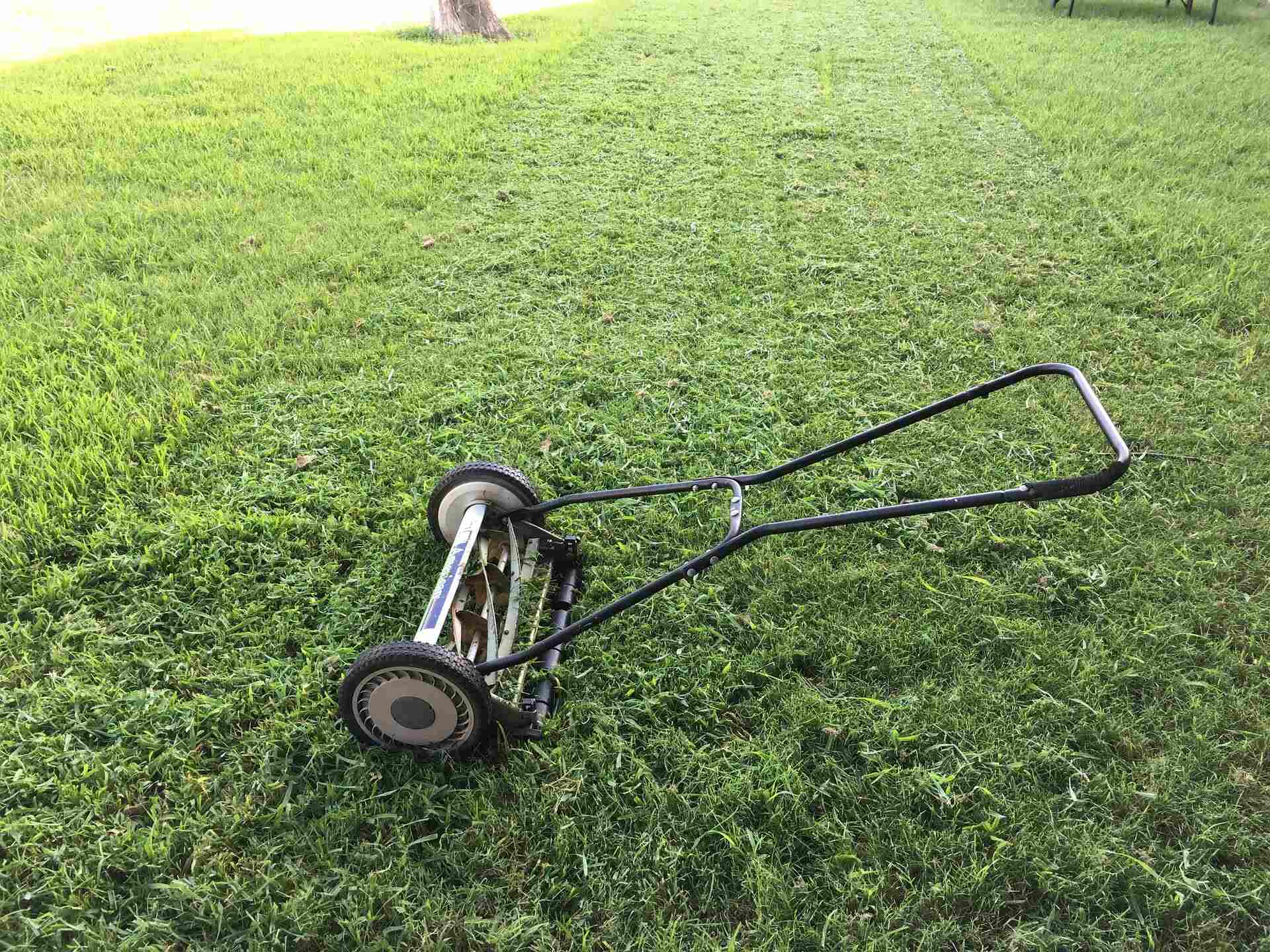

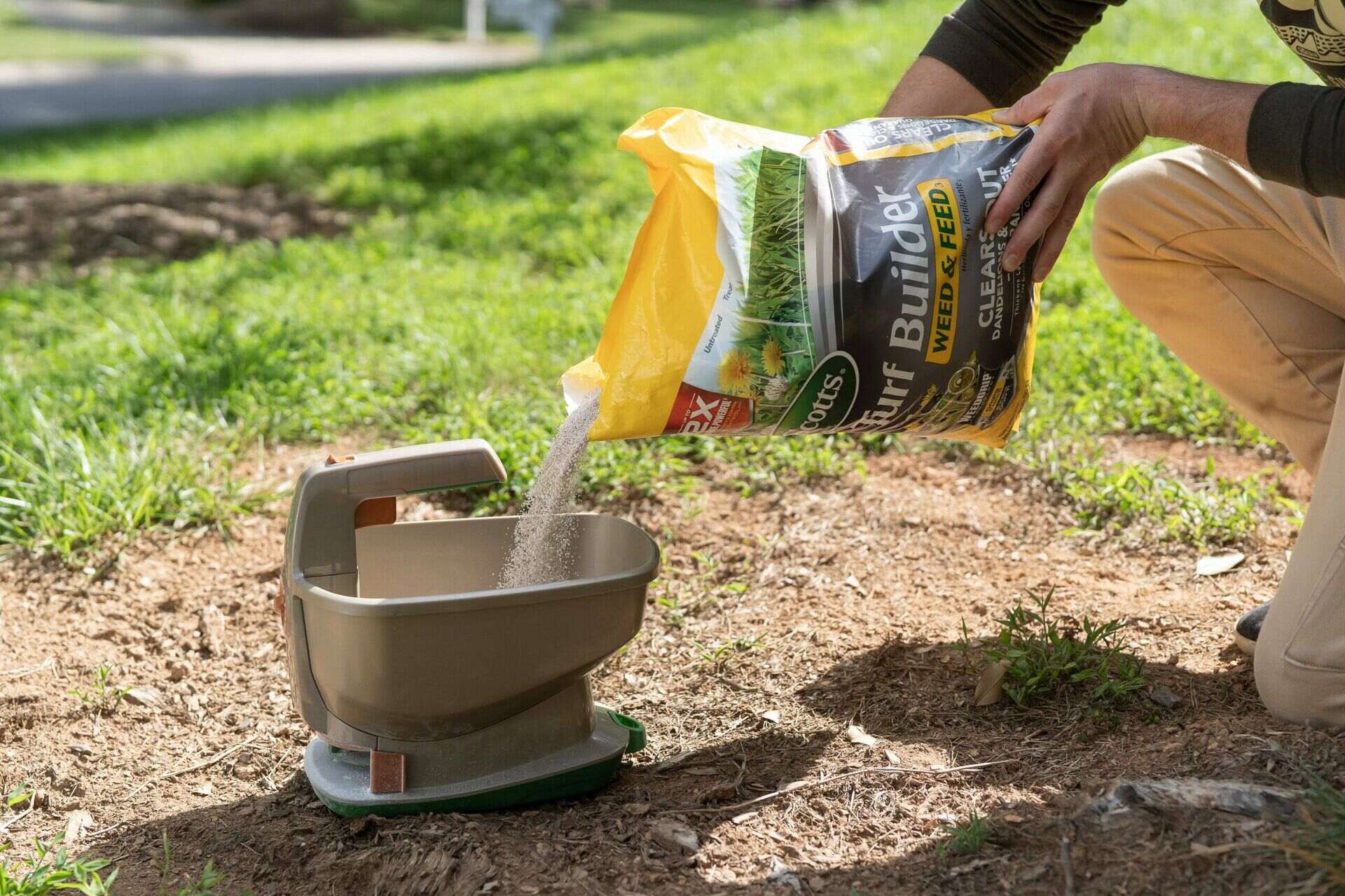

0 thoughts on “When To Use Roundup For Lawns”